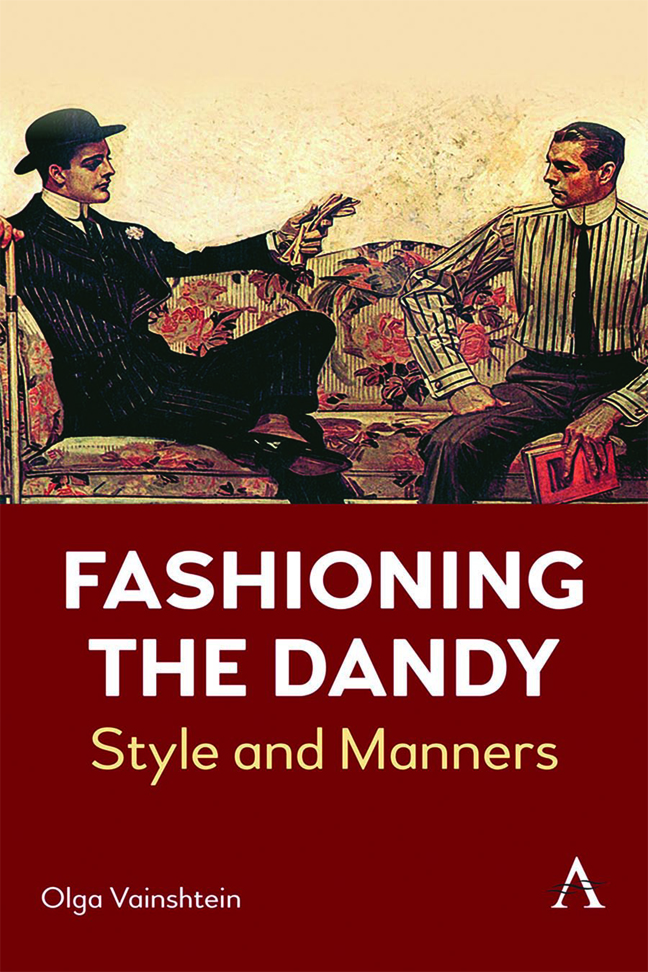Book contents
Two - Literature and Legends
Published online by Cambridge University Press: 29 February 2024
Summary
Brummell: Constructing the Legend
The life of Beau Brummell remained a subject of unfailing interest to high-society gossips, memoirists, and biographers. Most writers tended to focus on the Beau's life in England, with its clear social triumphs and fame. His twenty-four-year stay in France, of course, was a different matter. If the English period was relatively straightforward and entertaining to document, the time in France, for most, was significantly more challenging to follow.
Brummell's main biographer, Captain William Jesse, on the other hand, knew the Beau only in France, and most of his two-volume work focuses on the French period. Jesse and Brummell met in February 1832 in Caen, where the Beau was serving as Consul. For his biography, Jesse attempted to gather additional information on Brummell's life in England, yet that period remained far more scantily covered than the subsequent years. Jesse's tone, in his book, might appear contradictory. A meticulous chronicler akin to Goethe's Eckermann, in recounting his hero's London triumphs with evident approbation, he seems careful to note every word and gesture. Describing the ageing dandy's failures, however, he shifts to a different register. Frankly critical, in the final chapter, Jesse attempts to draw a series of moralistic conclusions reminiscent of Victorian attacks on vanity. His hero, he supposes, will soon be forgotten: ‘…it is greatly to be dreaded, … that posterity will hardly accord to George Bryan Brummell one line in the annals of history’.
Thanks to the French writer and dandy Barbey D’Aurevilly and Brummell's new Gallic admirers, however, in the middle of the nineteenth century the Beau was far from forgotten. His life was seen as the aesthetic manifesto of dandyism: he was venerated as a hero. In his ‘Treatise on Elegant Living’ of 1830, Balzac created a canonical image of Brummell as the teacher of all men of fashion. In 1845, Barbey D’Aurevilly used the Beau's biography to develop a philosophy of style. To this day, his treatise remains perhaps the most authoritative and well-written text on dandyism. Brummell’s years in France are not well covered, Barbey clearly (and rightly) preferring to study dandyism by focusing on the period of its growth. Thanks to his treatise, the legend of George Brummell became part of European culture. Later, Barbey's study would be taken up by Baudelaire: in 1863, the poet mused on dandyism in his collection of essays ‘The Painter of Modern Life’.
- Type
- Chapter
- Information
- Fashioning the DandyStyle and Manners, pp. 27 - 46Publisher: Anthem PressPrint publication year: 2023



